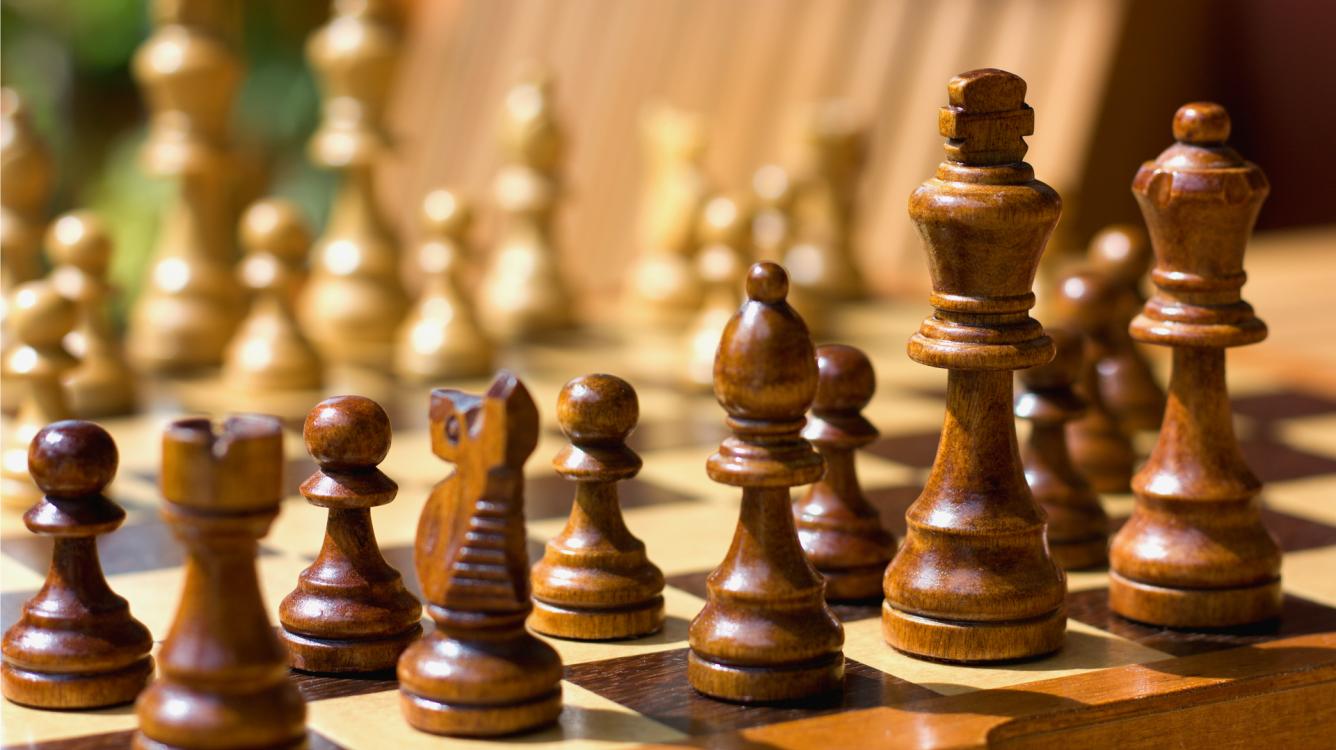The Mindset Behind Chess Success
Wiki Article
Why You Have To Play Chess: The Advantages of Participating In This Ageless Intellectual Challenge
Chess is greater than an easy video game; it offers as a strenuous mental exercise that hones different cognitive skills. Players involve in critical reasoning and establish analytic capacities, which can have lasting advantages in everyday life. The discipline needed for improvement promotes patience and durability. The real significance of chess lies not simply in its intellectual demands yet in the connections it promotes within a neighborhood. Checking out these dimensions exposes much concerning why chess stays classic.Enhancing Cognitive Skills
Playing chess significantly improves cognitive abilities, making it a valuable activity for individuals of any ages. The video game needs tactical thinking and foresight, calling for players to anticipate their opponent's actions while creating a winning method. This mental exercise develops emphasis and focus, vital components of cognitive function.
Chess encourages creative thinking, prompting gamers to check out ingenious tactics and unique techniques to the game. As they browse the chessboard, individuals develop patience and durability, essential qualities for cognitive development. On the whole, the diverse cognitive advantages of chess make it an enriching pursuit, promoting lifelong mental agility and intellectual involvement.
Improving Problem-Solving Talents
Countless research studies have actually revealed that taking part in chess can greatly enhance analytical capacities. The game needs gamers to evaluate complicated positions and anticipate the opponent's relocations, fostering essential thinking abilities. As they navigate various circumstances, chess players develop the capacity to review numerous end results and make strategic decisions under stress. This procedure boosts their capacity to technique real-life troubles with an organized mindset.Chess advertises the identification of patterns and the application of rational reasoning, abilities that are vital in reliable analytic. Players discover to evaluate risks and rewards, refining their judgment in uncertain circumstances. The repetitive nature of chess play reinforces these abilities, enabling individuals to move their improved analytic abilities to academic and professional contexts. Eventually, chess serves as a useful tool for any person looking for to sharpen their analytical abilities and improve their general cognitive performance in difficult scenarios.
Cultivating Perseverance and Self-control
While participating in chess can be an exciting experience, it likewise requires a substantial degree of patience and self-control. Players have to find out to carefully think about each action, considering possible results and methods. This thoughtful technique fosters an attitude that values long-term success over immediate gratification. In chess, rash choices often bring about negative consequences, enhancing the value of taking one's time to analyze the board and prepare for a challenger's actions.
Self-control is further grown with constant technique and study. Gamers often dedicate hours to boosting their abilities, researching strategies, and examining past video games. This commitment to mastering the game infuses a feeling of obligation and perseverance, crucial traits that extend past the chessboard. Ultimately, the mix of patience and discipline not only improves a gamer's chess capabilities but likewise adds to personal growth, gearing up individuals with essential devices for navigating challenges in various elements of life.
Promoting Creative Thinking and Creative Imagination

Strategizing steps includes not simply reasoning yet likewise the capability to expect an opponent's reactions, motivating gamers to envision numerous pathways and options. As players experiment with various strategies, they discover to innovate and go to this site adapt, boosting their imaginative problem-solving abilities.
The game's intricacy invites players to explore unconventional concepts and methods, leading to personal designs of play - Chess. This exploration nurtures a sense of creative expression, as each player crafts their own technique to challenges on the board. Eventually, chess comes to be a canvas for creative thinking, allowing people to express their one-of-a-kind point of views while creating their creative capacities
Building Social Connections and Community
Playing chess supplies opportunities for people to network via competitions and regional chess clubs. These atmospheres cultivate links amongst gamers, producing a feeling of community focused around a common interest. Taking part in these tasks not only boosts skills but likewise builds enduring partnerships.Networking Through Tournaments
When individuals participate in chess tournaments, they commonly discover themselves engaged in a dynamic area of similar individuals. These occasions supply an exceptional system for players to forge links, share approaches, and commemorate their interest for the video game. Taking part in friendly competition promotes camaraderie, as players from diverse backgrounds integrated to challenge each other. Networking opportunities are plentiful, with many individuals forming lasting relationships that expand beyond the chessboard. In addition, these competitions usually attract sponsors and chess fanatics, even more boosting the possibility for specialist connections. As players participate in conversations about strategies and experiences, they develop a network that can lead to future partnerships and possibilities within the chess globe and past.Local Chess Clubs

Providing an Enjoyable and Involving Obstacle
Chess offers a distinctively stimulating experience that mesmerizes gamers of any ages, as it incorporates pop over here calculated thinking with the thrill of competition. This classic video game provides an engaging challenge, urging individuals to think critically and creatively. Each match unravels as a fight of wits, where gamers have to expect their opponent's steps while developing their own strategies.The intellectual interaction chess supplies is matched by its capacity to delight. Players frequently find themselves immersed in the video game, shedding track of time as they navigate complex settings and tactical issues (Chess). This heightened emphasis promotes a sense of accomplishment, especially when a tough relocation results in victory
In addition, chess advertises social communication, enabling gamers to bond over common experiences and challenges. The video game's endless variations ensure that no two sessions are alike, keeping individuals passionate to fine-tune their skills and approaches. This vibrant mix of challenge and pleasure makes chess an irresistible search.
Often Asked Questions
Can Chess Be Played Online or face to face?
Chess can be played both online and face to face. On-line systems use players the ease of contending versus challengers worldwide, while in-person games cultivate social interaction and physical presence, improving the general experience.What Age Is Best to Begin Discovering Chess?
Experts recommend that youngsters can start discovering chess as early as age 5 or 6. At this age, they can realize basic principles, improving cognitive abilities while promoting a love for the game that lasts a life time.Exist Chess Tournaments for Beginners?
Yes, there are chess tournaments particularly developed for beginners. These occasions offer a helpful atmosphere for newbie gamers to gain experience, enhance their skills, and appreciate the affordable spirit of chess without encountering sophisticated challengers.For how long Does It Take to Come To Be Skillful at Chess?
Becoming skilled at chess usually calls for constant method over several months to years. Aspects such as individual dedication, previous experience, and research study of techniques significantly affect the moment needed to reach a proficient degree.What Resources Are Offered for Knowing Chess Methods?
Numerous resources exist for discovering chess techniques, including on-line tutorials, publications by popular authors, chess applications, and interactive websites. Numerous players also take advantage of signing up with local clubs or participating in on-line discussion forums for real-time understandings.Report this wiki page